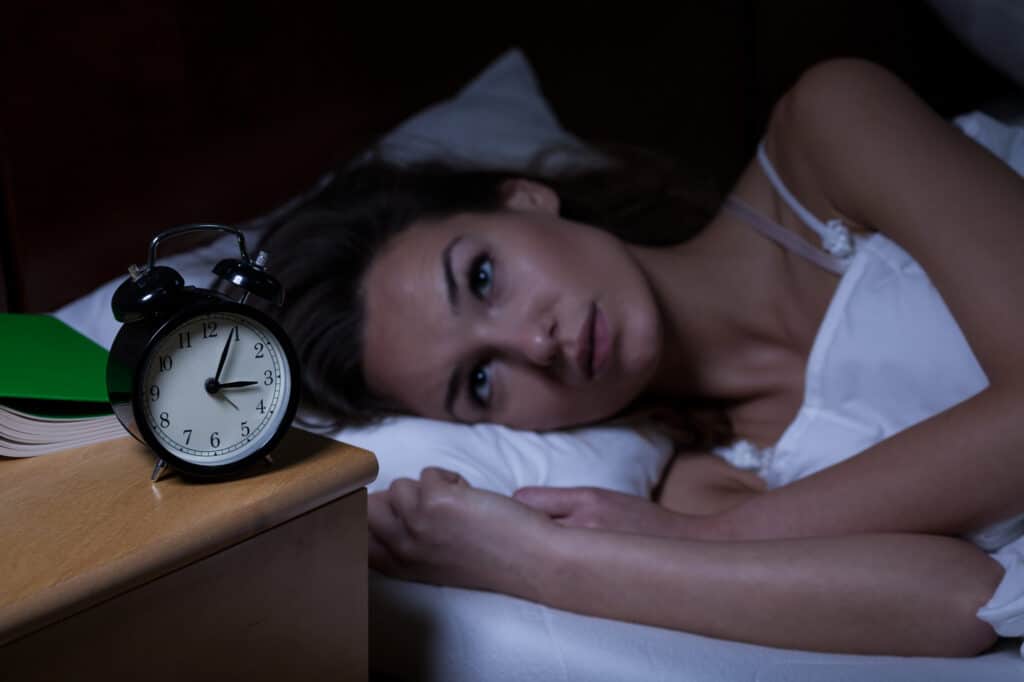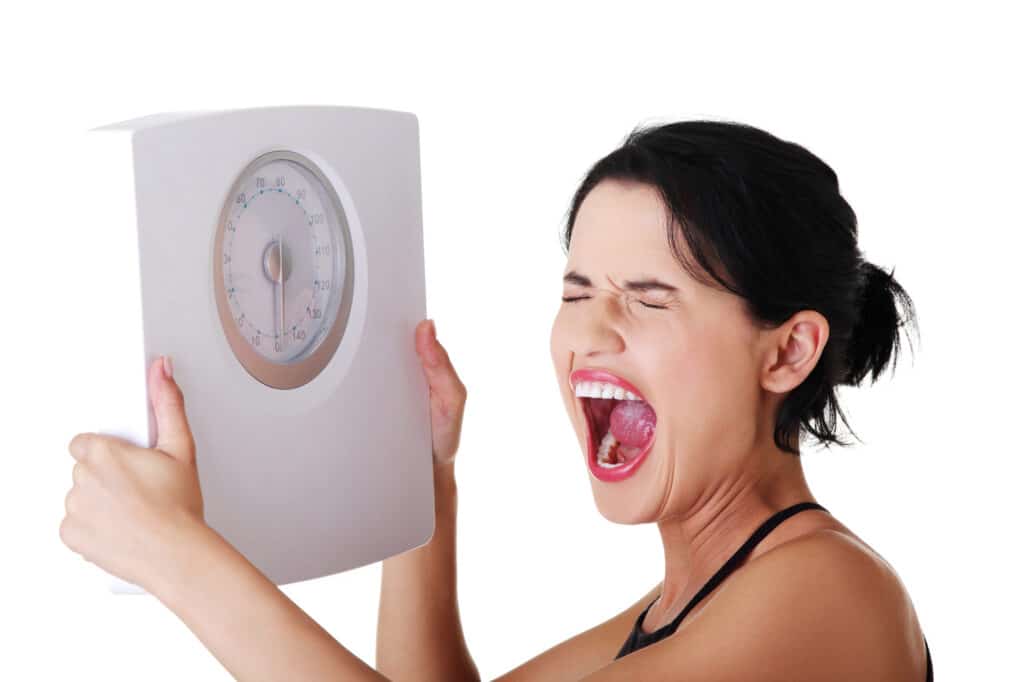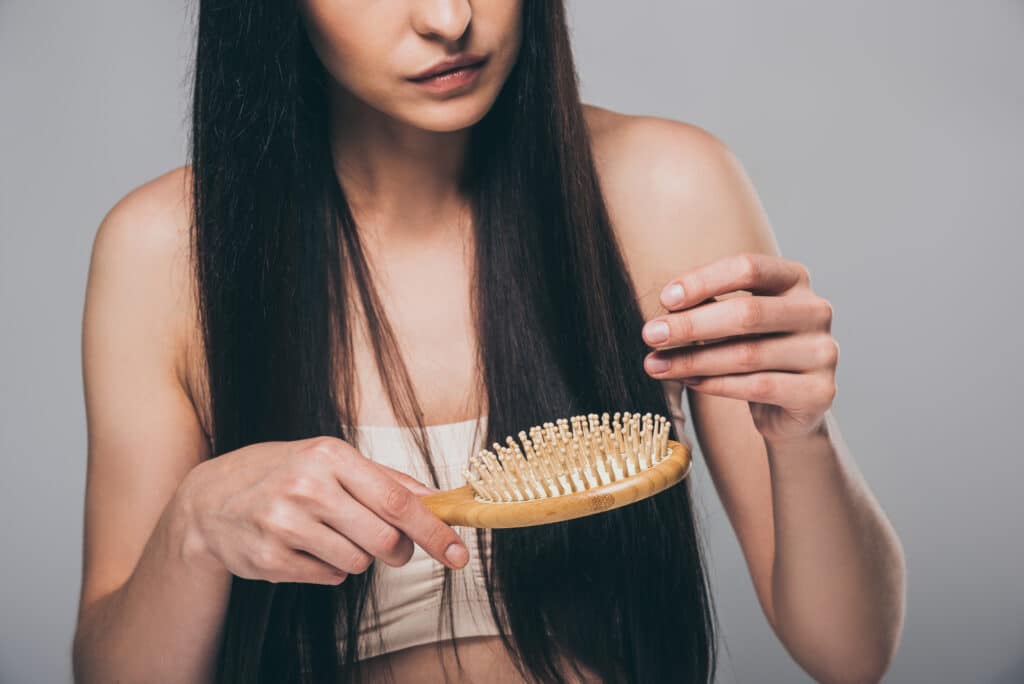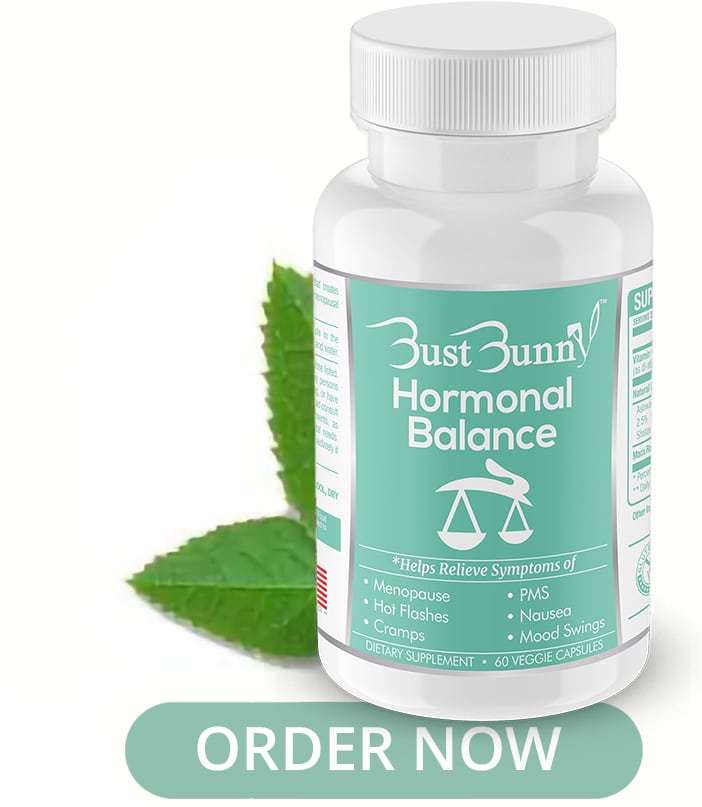The effects of menopause have on your body can be a hard time to cope with. As some of these signs and symptoms of menopause can be a shock to you as your body is adjusting, it’s important to be knowledgeable on what side effects may come. If you are able to understand the symptoms then you will be able to find what triggers them to prevent it. The emotional effects of menopause can sometimes be more damaging than the actual effect itself being that it starts to impact the woman’s entire life. Luckily there are many alternatives to handle these sudden changes without having to take drastic measures. There are natural herbs for menopause that can ease and alleviate symptoms and potentially get rid of them altogether.
How long do hot flashes from menopause last?
You guessed it, one of the most common symptoms are hot flashes. In most cases, you will experience hot flashes at night which are then called night sweats. Finding your trigger point for your hot flashes is going to take some time, but eventually, you will. Pay attention to what foods you might eat that tend to increase your night sweats and or what lifestyle changes you have made that may have an effect. Hot flashes can hit you as early as perimenopause and continue on throughout menopause for up to five years. Although the symptoms of menopause can last longer, they tend to subside after the fifth year of menopause. Many women can’t deal with the stress of hot flashes that they turn to medication. Before turning to medication there are some natural remedies that you should give a try first!

Here are some simple guidelines and steps that you should consider trying to ease your night sweats and hot flashes:
- Keep your room cooler at night
- Drink a glass of cold water before bedtime
- Wear light clothing to bed
- Keep a fan by your bedside
- Avoid spicy foods, alcohol, and caffeine
- Exercise more frequently
- Try meditation
Is menopause insomnia real?
Sadly yes, menopause insomnia is real and affects many women during this time in her life. Menopause and insomnia go hand in hand during this transition in most women’s lives, but the good news is there are ways to solve this. Many women want to know does menopause cause insomnia and how to cope with it. Before going through menopause insomnia remedies, you should know the symptoms of insomnia. Most people believe that menopause insomnia is simply not being able to sleep, the truth is there are a lot of other symptoms that you need to pay attention to in order to identify if you suffer from insomnia.

You may be suffering from insomnia if you are experiencing any or all of these symptoms:
- Waking up too early
- Taking longer than 30 minutes to fall asleep
- Waking up in and out of your sleep
- Still feeling tired after a night of sleep
- Getting less than 6 hours of sleep 3-4 times a week
- Constantly thinking about sleep
The list can continue, but these are a few key factors that you should focus on to be able to identify if you are suffering from insomnia. 61 percent of women during menopause go through these symptoms, but they typically subside over time. That’s more than half of women who experience these symptoms. If you are one of the women who do suffer from lack of sleep during menopause, we are going to provide natural remedies you may try at home.
- Try taking frequent naps, listen to your body and if it is getting sleepy, allow yourself to take little naps throughout the day.
- Drink more water, staying hydrated is more important for your body than you may realize making it easier to get quality sleep.
- Avoid large meals before bedtime.
- Reduce stress and worries as much as possible
- Steer clear from alcohol, nicotine, and caffeine as these provoke your symptoms.
How to control menopause mood swings
There are many natural remedies for menopause mood swings that women can look into before getting on any medication. We always suggest taking the natural route if possible first. Menopause and mood swings go hand in hand and are simply a part of women going through this difficult time in their lives. So, if you’re wondering “what are the side effects of menopause”, well frequent mood swings are at the top of the list! Irritability is one of the main emotional problems that women suffer from during menopause. They become less tolerant than usual and find themselves easily triggered. Over 70 percent of women would complain that mood swings during menopause are their number one battle.
There are natural herbs for menopause mood swings that you can take such as:
- Black Cohosh: As far as treating menopause symptoms including mood swings, black cohosh is a leading ingredient in treating menopausal symptoms. This ingredient has been used for centuries, therefore it is proven. Black cohosh has similar abilities as serotonin does in your brain which helps to ease feelings of depression and body temperature.
- St. John’s Wort: Scientific studies have proven that this herb is highly effective in treating menopausal mood swings, insomnia, depression, and anxiety. All of which begins when most women enter menopause. Although the only downside to this herb is that it may interact with other medications, which is why it is suggested to speak with your doctor first.
- Ginseng: This herb is in other words known as the “mood booster”. Ginseng has been proven to help enhance mood(s) and improve sleep.
- Vitamins and Minerals: The cells in our body rely on specific vitamins and minerals to create chemical reactions that our bodies need to survive. If you’re noticing that your mood swings are out of the norm, try adding in iron, magnesium, and zinc into your daily routine. These vitamins and minerals will bring a sense of calmness to relax any mood swings during menopause.
Does menopause cause weight gain?
Among the list of changes happening to your body at this time, weight gain is also one. Although this isn’t necessarily one that happens to all women, it definitely can happen and it not considered uncommon. You have to consider all possible causes including changing hormones, age, lifestyle and most importantly, genetics. During this time your progesterone levels are starting to drop and your estrogen levels are continuously fluctuating. While you are in menopause, your low estrogen levels are increasing fat storage in your stomach area. You may start noticing an increase in weight as early as perimenopause leading into menopause and postmenopause.

Menopause weight gain is likely to happen in over half of the women who experience menopausal symptoms therefore this is not out of the usual but simply one of the many side effects of menopause. During this time your workouts make become more difficult as you are learning to adapt to your body’s changes. Although, if you can fight through the difficulties of adjusting to your body, there are many menopause exercise benefits in store for you. Gaining weight is one of the many effects of menopause, but with some targeted workouts, you can overcome this. Losing weight during menopause can be a challenge, but with consistency, you can achieve your goals even during menopause. In addition to taking natural herbs for menopause add a few workouts in your week between 3-5 times a week.
Is menopause hair loss real?
Sadly, yes it is. During menopause, hormonal hair loss is very likely to occur. We understand that hair loss can bring about a lack of confidence and security to any woman. It is important to understand that hormonal hair loss is normal and you are not alone in this transition. Menopause weight gain and menopause hair loss are two hormonal changes that are difficult to grab control over as a woman. The good news is that over time you can treat this condition with the right products and treatment. During this time you’ll want to embrace your natural hair more than ever and avoid the sun, heat tools and certain products that are damaging to your hair. When hair loss starts happening, most women won’t notice until it reaches a certain point. This is something that will gradually happen over time because menopause hair loss happens little by little. Just be aware that there is no reason to worry, there is nothing medically wrong with you and this is a normal part of women who are going through menopause.

Accepting these changes is the hard part but you may try lasers, topical solutions, PRP, consume vitamins and folic acid supplements to help with regrowth. If these side effects of menopause are a serious concern for you, we suggest consulting with your doctor about the best possible solution for you. Adjusting to menopause and mood swings, menopause and insomnia, menopause and weight gain, and menopause and hair loss can be a complicated time in any woman’s life. These emotional effects of menopause vary from woman to woman. Some women are lucky enough to experience menopause and have absolutely no symptoms or side effects. If you are not one of the lucky women who do not suffer from the effects of menopause, understand that there are a variety of treatable options that you can discuss with your doctor. Other than resulting in a doctor, there are natural herbs for menopause that you can give a try before heading into medical treatments.


